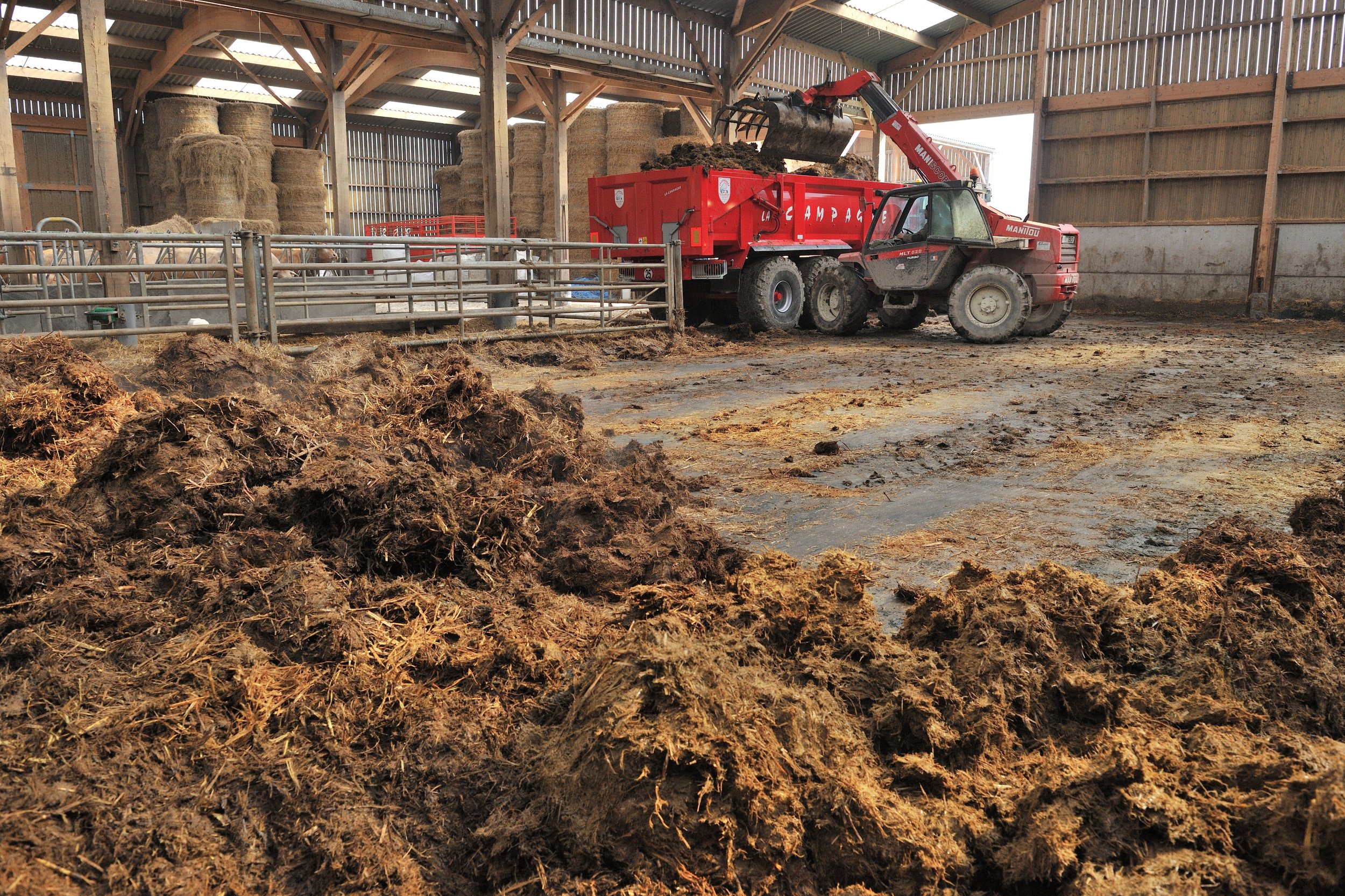
Bokashi
BOKASHI
Bokashi is the Japanese word for “well fermented organic matter”. Bokashi is the most energy efficient way of breaking down organic matter. The fermentative decomposition creates a pre-digested, nutrient dense ferment that can be used as a soil improver and or an organic fertiliser.
Effective Microorganisms (EM®) added to the organic matter work by way of competitive exclusion to create an environment in which fermentative anaerobes can dominate. This dominance leads to the break down of complex organic structures into simpler soluble ones to create a pre-digested food for the soil.
The microbes also produce a number of bio-active substances, like enzymes, vitamins, antimicrobials and phytonutrients which favours the development of plants and helps prevent diseases. The application of Bokashi into and onto your soils will help create a healthier and more resilient soil.
What are you Bokashi-ing?
-
Food Waste
-
Garden or Green waste
-

Animal manure / bedding
The important stuff.
-
Bokashi is the process of fermenting waste organic matter in an anaerobic environment with Effective Microorganisms (EM).
Bokashi is the process in which organic material is fermented. You put waste organic material into a bokashi process and at the end you produce a Bokashi ferment that can be applied onto or into the soil as well as being used to feed worms or added to other composting methods to enhance the process.
By adding EM to organic material and creating an anaerobic environment to make Bokashi, you achieve a number of things;
Reduce odours
Reduce / eliminate pathogens
Destroy weed seeds
Reduce losses & putrefaction
Ferment / Decompose organic matter
Produce a number of Amino Acids, Vitamins, Enzymes and other beneficial metabolites
Create a pre-digested, nutrient dense, food for the soil
-
They are one and the same.
By fermenting you are decomposing. The chemistry definition of fermentation is the extraction of energy in the absence of oxygen.
The extraction of energy is caused by microbes breaking down complex organic structures, such as glucose, cellulose and even lignin, to create smaller soluble structures such as volatile fatty acids.
Fermentation is a form of decomposition.
-
Over time, anaerobic processes have been consider negative or less preferable yet anaerobic processes play a vital role in every day society providing multiple benefits.
Think about some of the foods we eat, bread, wine and cheese or sauerkraut, Kifer or Kimchi. On farm anaerobic processes take place in the form of silage making.
Anaerobic decomposition, or fermentation, is a way of preserving organic material. In these situations, the microbial populations have been manipulated to ensure fermentation takes place. If the microbial populations are not manipulated correctly, putrefaction or rotting can take place.
Both aerobic and anaerobic processes have an important role to play and both contribute to the diverse microbial populations needed for a healthy and fully functioning world.
Aerobic and anaerobic processes and microbes can be good and bad. Having a diverse selection of both ensure future resilience.
-
Just to confuse everyone even more, not all microbes fall into the aerobic or anaerobic categories.
There are a large group of microbes that are considered facultative. These facultative microbes can switch between aerobic and anaerobic processes. This makes the facultative microbes extremely important in creating a resilient microbial population that is capable of handing even the most extreme conditions and environments.
To demonstrate the extreme and ever changing environments we need microbes to be able to endure we only need to think of the soil. During the winter, soils can be frozen solid or even waterlogged for months at a time. It’s the exact opposite in the summer when soil microbes have to deal with drought and / or rising temperatures.
-
In this respect, Bokashi is very much like traditional composting. There are a few guidelines you need to consider and follow but it’s not rocket science. in fact, getting Bokashi to work for you is almost always, cheaper and easier than composting.
Yes you need to consider moisture content and “browns and greens” (C:N ratio) is still a thing, but the reality is that Bokahsi, like composting, is not an exact science and you can manipulate the process to create an end product more suited to you and your requirements.
-
Yes!
It is true, sometimes you might need to make a small change to make Bokashi work for you but we promise that if you want to try it, you’ll be able to with minimal effort.
We have a number of people making and using Bokashi with every single person doing things slightly differently.
There is no simple one method fits all but that’s where we come in. Having made Bokashi at home, in schools, in restaurants, in the garden, on the allotment and even on farm or at commercial waste sites, there is a simple, easy and very affordable way to make Bokashi that can fit you.
DON’T forget it all starts with the soil - Bokashi
At Agriton, we uphold a commitment to transparency and collaboration in the agricultural realm. We firmly believe that knowledge is power, and it’s true potential is realised when shared. In our mission to foster sustainable and innovative practices, we ensure that a wealth of data is readily accessible to our community. By openly sharing information, we empower farmers, researchers, and stakeholders alike to make informed decisions, drive agricultural advancements, and collectively contribute to a more resilient and productive future. At Agriton, we understand that the strength of knowledge lies not only in its acquisition but in its widespread dissemination. Click on the link to explore a comprehensive array of bokashi share items, and join us in cultivating a collaborative ecosystem where shared insights pave the way for progress.
Join Our Growing Community: Embrace Bokashi for Sustainable Living with Agriton
🌱 Welcome to our online hub for all things Bokashi and sustainable living, proudly supported by Agriton! 🌿 Whether you're a seasoned Bokashi expert or just starting your journey towards reducing food waste, garden waste, and FYM (Farm Yard Manure), you've found your digital home. 🍅🥦
At Agriton, we believe in the power of community to inspire, support, and empower one another. Join us as we embark on a journey to transform food scraps, garden waste, and FYM into nutrient-rich compost using the magic of Bokashi fermentation. 🌻
Our platform is a space for sharing experiences, asking questions, and offering support to fellow enthusiasts. Whether you're seeking advice on troubleshooting, looking for creative ways to maximize your composting efforts, or simply want to connect with like-minded individuals, you'll find a warm welcome here. 🌎💚
So come on in, introduce yourself, and let's embark on this sustainable living adventure together, supported by Agriton's expertise and commitment to environmental stewardship! Together, we can make a difference, one compost pile at a time. 🌱✨






